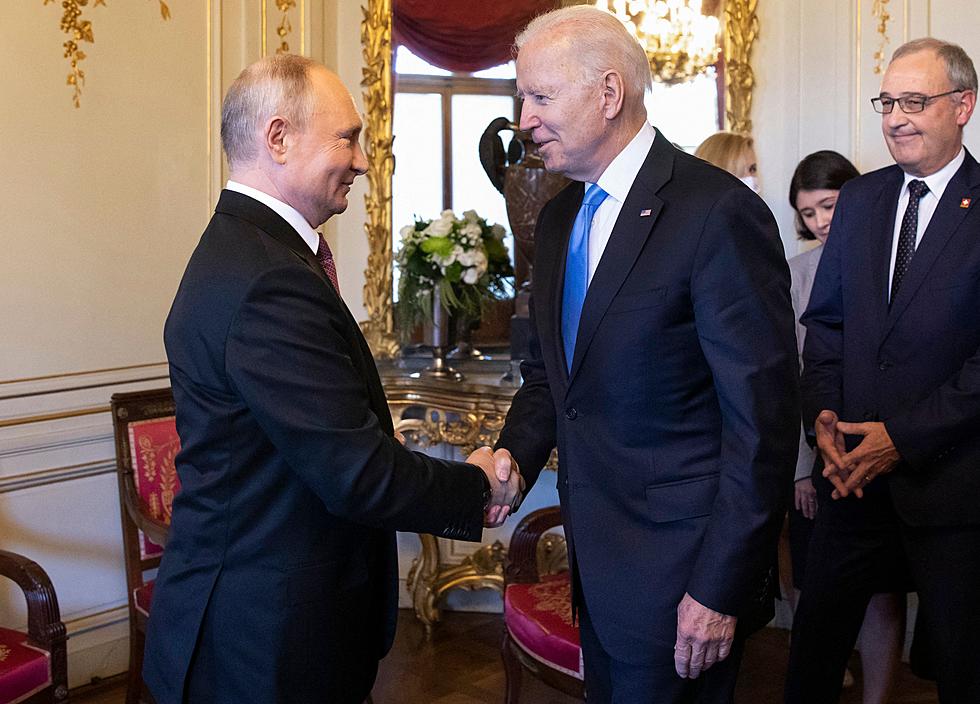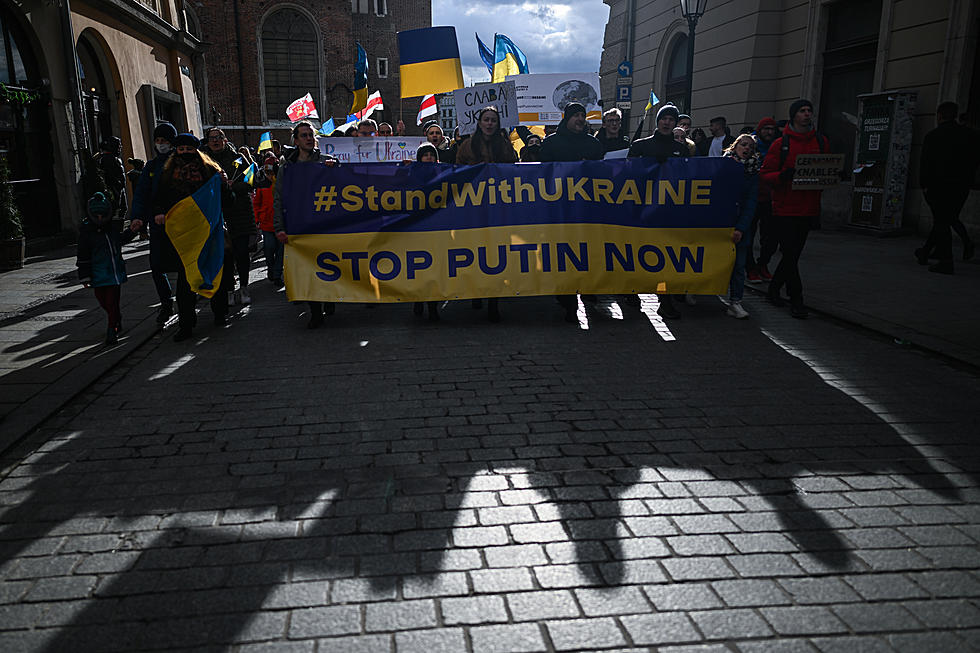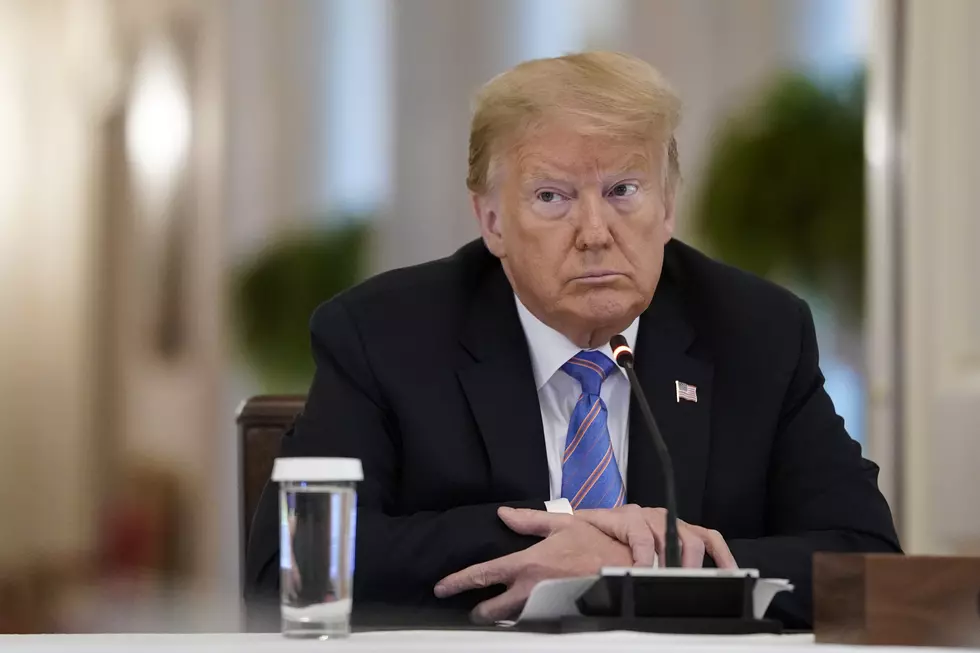
White House Unveils $50 Billion Palestinian Economic Plan
WASHINGTON (AP) — The White House on Saturday unveiled a $50 billion Palestinian investment and infrastructure proposal aimed at supporting its much-anticipated but still unreleased "deal of the century" Middle East peace plan.
The scheme, which calls for a mix of public and private financing and intends to create at least a million new jobs for Palestinians, was posted to the White House website ahead of a two-day conference in Bahrain. The so-called "Peace to Prosperity" workshop on Tuesday and Wednesday is being held amid heavy skepticism about its viability and outright opposition to it from the Palestinians. It's also taking place amid heightened regional tensions over Iran that threaten to overshadow its goals.
With no official participation from the two main protagonists and scant enthusiasm from others, continued uncertainty and strong doubts over the plan's political vision and the distraction of a potential U.S.-Iran conflict, expectations are decidedly low.
The plan calls for projects worth $27.5 billion in the West Bank and Gaza, and $9.1 billion, $7.4 billion and $6.3 billion for Palestinians in Egypt, Jordan and Lebanon, respectively. The projects envisioned are in the health care, education, power, water, high-tech, tourism and agriculture sectors.
"Generations of Palestinians have lived under adversity and loss, but the next chapter can be defined by freedom and dignity," the White House said, calling the plan "the most ambitious international effort for the Palestinian people to date."
But the already tough sell that has vexed U.S. administrations for decades is made tougher not least because President Donald Trump and his aides have refused to endorse a two-state solution to the conflict that has long been seen as the only viable path to lasting peace. They have also suggested they are open to unilateral Israeli annexation of disputed territory. And, officials say there is no intention of discussing either or the most contentious parts of their proposal to end the long-running conflict.
Thus, the core political issues that are key to resolving the dispute, such as borders, the status of the holy city of Jerusalem, Israel's security and the fate of Palestinian refugees, will not be raised. Such matters, U.S. officials have said, may have to wait until the fall, after Israeli elections, leaving numerous questions that potential investors almost certainly want answers to before making even tentative financial commitments.
More From K2 Radio









